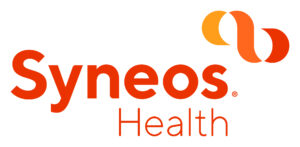-
1. Cover
-
2. Introduction
-
3. Contents
-
4. Time for a new model in patient access
-
5. Emerging from the shadow of COVID-19
-
6. Sign-up for pharma news alerts
-
7. How the combination treatment challenge impacts patients and how we are working together to solve it
-
8. Patients want to be heard. Is pharma listening?
-
9. Health literacy for the intellectually disabled: is pharma doing enough?
-
10. Three views on technology improving clinical trial efficiency
-
11. How biomarkers and bioanalytics are changing R and D
-
12. Leveraging real-world data to meet payers’ needs
-
13. The pharmaphorum podcast
-
14. Time to take patient engagement to the next level
-
15. The booming life sciences sector needs dynamic real estate support
-
16. Recruiting patients to increase diversity & inclusion in clinical trials: one size does not fit all
-
17. Subscribe to future Deep Dive issues
-
18. Contact the Deep Dive team




